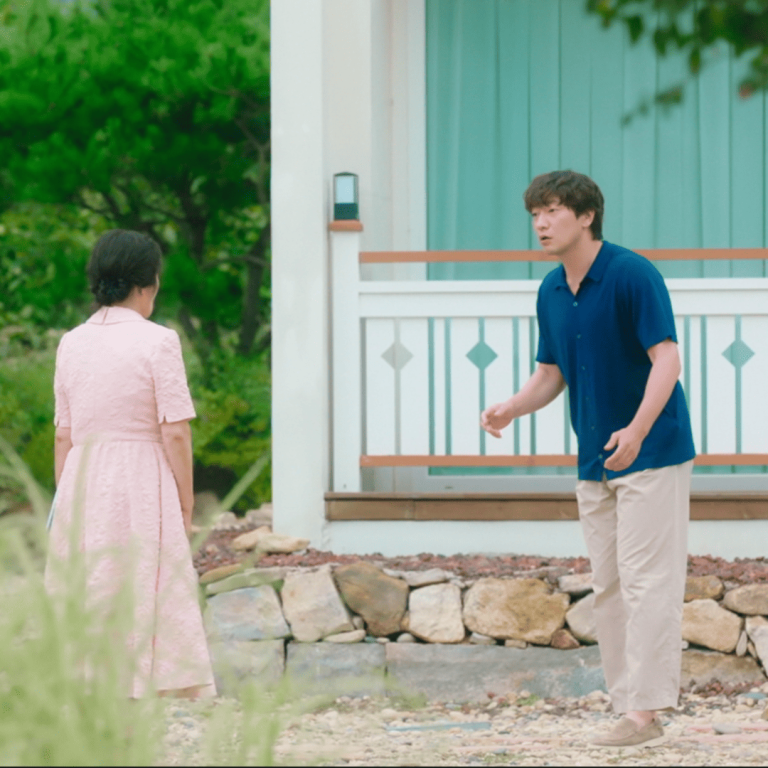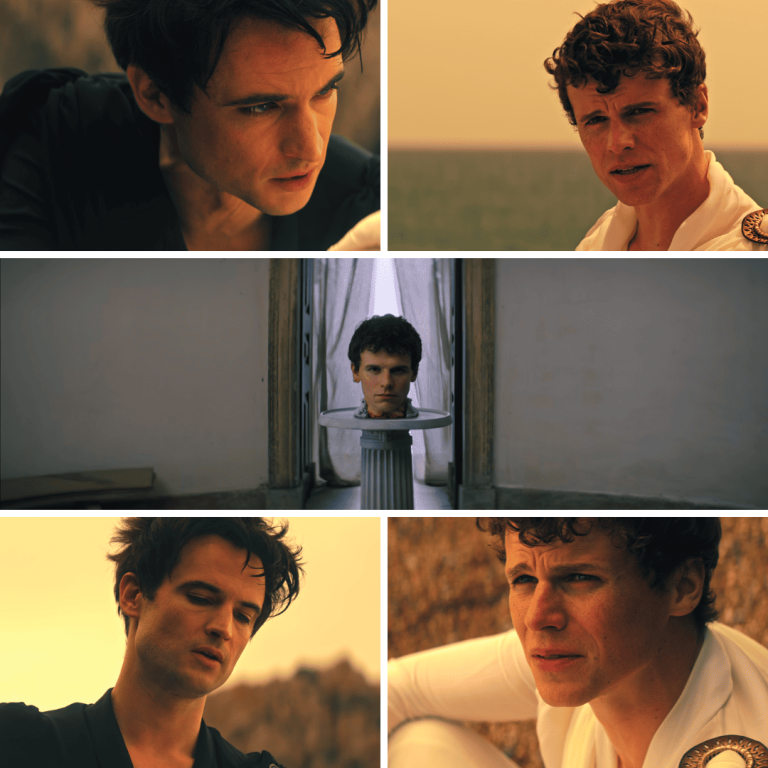When the Screen Reflects Reality: Filipino Au Pairs in Europe, Silence & Systemic Failing

Netflix’s Secrets We Keep may be fiction but it dives into the plight of Filipino au pairs in Europe. Its quiet dread and moral rot feel alarmingly real. Beneath its psychological thriller shell is a reflection of ongoing injustices that exist just outside our binge-watching bubble.
This is not a review. It’s a companion thought piece. One that connects the show’s narrative to uncomfortable truths.

Unpacking the Reality Behind the Au Pair Plotline
In Secrets We Keep, the Filipino au pair Ruby disappears, triggering a ripple of suspicion and guilt across a tight-knit Danish suburb. While the drama is fictional, the underlying power imbalance between au pairs and host families is very real—and often dangerous.
Reports from outlets like The Guardian and the Pulitzer Center have documented cases of Filipino au pairs in Europe being exploited, overworked, and in some cases, sexually harassed. These young women are technically meant to participate in a cultural exchange, but the reality often involves unpaid domestic labor, isolation, and visa precarity.

In fact, the Philippines temporarily banned its citizens from joining Denmark’s au pair program due to abuse. Despite this, many Filipinas still seek these placements, sometimes paying steep under-the-table fees to secure a spot.
One Danish researcher even likened the program to a modern-day colonial exchange. Sound familiar? In Secrets We Keep, a Danish character refers to the program as “white people outsourcing emotional labor.” It’s not subtle because the reality isn’t either.

Silence and Privilege in Real Cases of Assault
Secrets We Keep also grapples with silence, complicity, and the devastating ease with which privileged boys evade accountability. This isn’t just a fictional theme, it mirrors actual cases where justice was bent by money, race, or reputation.
Take Savannah Dietrich’s story: a Louisville teen who was sexually assaulted by peers from a prestigious school, only to be legally threatened when she dared to name them publicly. Or the Richmond High School gang rape case, where multiple bystanders watched and said nothing.
These cases highlight how silence isn’t passive, it’s protection. Not for the vulnerable, but for the powerful.
Just like in Secrets We Keep, where adults fail to intervene, destroy evidence, and emotionally detach to maintain their perfect suburban image.

Why This Matters
Stories like Secrets We Keep aren’t just entertainment. When they reflect real patterns of abuse, neglect, and complicity, they offer a chance to look in the mirror.
If you found the show gripping, disturbing, or emotionally resonant, I encourage you to take that discomfort and read up on:
- FairWork (advocating for migrant workers in Europe)
- Human Rights Watch on Au Pair Labor Abuse
- Savannah Dietrich’s story (Wikipedia)
- Philippines-Denmark Au Pair Policy History
These stories are out there. Don’t let fiction be the closest we get to hearing them.
Related Read: Secrets We Keep Review: When Silence Becomes a Weapon
Disclaimer: This blog is for informational and entertainment purposes only. All copyrights and trademarks for the TV shows, films, and other media referenced are the property of their respective owners. This blog aims to provide original commentary and insights and claims no ownership over third-party content.+







